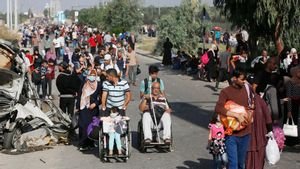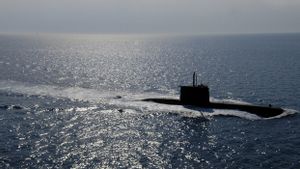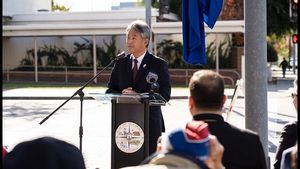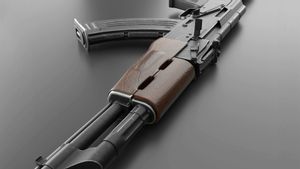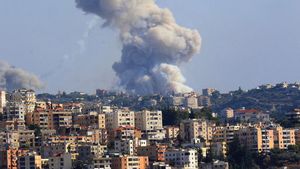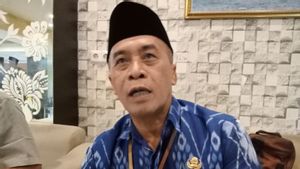A Defense Department spokesman said there were no plans to withdraw about 2,500 US troops from Iraq after Baghdad last week announced it would begin the process of withdrawing the military coalition led by Uncle Sam's country from the country.
"At this time, I am not aware of any plans (to plan a withdrawal). We remain focused on the mission of defeating ISIS," Major General Patrick Ryder told a news conference, adding US troops were in Iraq at the invitation of the local government.
Maj. Gen. Ryder further said he was also unaware of any notice from Baghdad to the Department of Defense regarding the decision to withdraw US troops. He referred reporters to the US State Department to discuss the matter.
Last week, Prime Minister Mohammed Shia al-Sudani's Office on Friday announced steps to withdraw US troops, following a US drone strike in Baghdad condemned by the government.
The Pentagon said the attack killed a militia leader in charge of a recent attack on US personnel.
Sudani's PM's office said a committee would be set up to "regulate the permanent suspension of the presence of international coalition forces in Iraq."
"We emphasize our firm position in ending the existence of an international coalition, after the justification of its existence ends," Sudani's PM was quoted as saying in the statement.
Earlier, last Thursday's US attack sparked outrage among groups allied with Iran demanding the government end the coalition's presence in Iraq.
The attack has received prior approval from President Joe Biden and US Secretary of Defense Lloyd Austin.
SEE ALSO:
The US is known to have 900 troops in Syria other than its forces in Iraq, on a mission it calls giving advice and assisting local forces in an effort to prevent the rise of ISIS, which in 2014 controlled much of the territory of the two countries before being defeated.
Since the Israel-Hamas war broke out last October, the US military has been attacked at least 100 times in Iraq and Syria. Attacks are usually carried out with a combination of attack rockets and drones.
Sudani's PM has limited control over several Iranian-backed factions, whose support was needed to win power a year ago and now form a powerful bloc within its governing coalition.
The English, Chinese, Japanese, Arabic, and French versions are automatically generated by the AI. So there may still be inaccuracies in translating, please always see Indonesian as our main language. (system supported by DigitalSiber.id)




